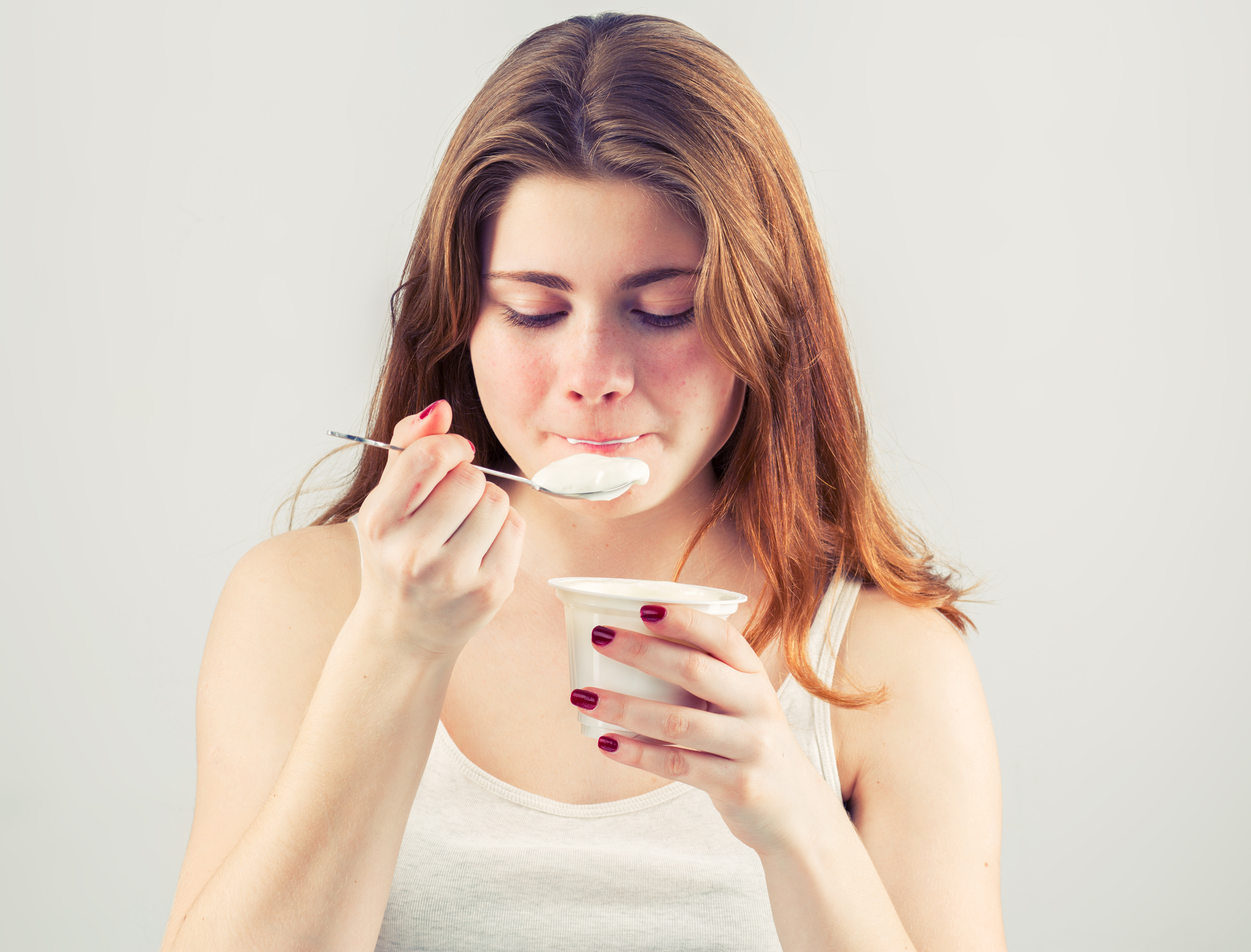A review study recently published in the International Journal of Molecular Sciences focused on the role played by specific immune cells in inflammatory bowel diseases (IBD), and their potential use as therapeutic targets through probiotics. The study is entitled “Th17 Cells as Potential Probiotic Therapeutic Targets in Inflammatory Bowel Diseases” and was led by researchers at Dedan Kimathi University of Technology in Kenya and Taipei Medical University in Taiwan.
IBD is a chronic inflammatory condition of the digestive tract that primarily comprises ulcerative colitis and Crohn’s disease. It is characterized by vomiting, abdominal pain, rectal bleeding, diarrhea, fatigue and weight loss. IBD pathogenesis is mainly caused by an abnormal immune response against antigens of the intestinal cells and natural microbiota.
It has been reported that specific immune cells called T helper 17 (Th17) cells play a role in IBD pathogenesis, and that these cells could represent a potential therapeutic target for disease prevention and management. Th17 cells are known to produce interleukin-17 (IL-17), which has a pro-inflammatory role.
Probiotics are live bacteria and yeasts that provide a health benefit when ingested orally in adequate levels. Probiotics help to maintain a healthy gut by modulating the intestinal microbiota or by stimulating the local immune system. The use of probiotics has been shown to be effective in the prevention and treatment of IBD. Interestingly, there is a growing body of evidence suggesting that probiotics selectively target Th17 cells.
In the study, researchers reviewed the role played by Th17 cells in IBD pathogenesis and the potential use of probiotics as a new therapeutic strategy through the modulation of Th17 cells.
According to the authors, there have been reports suggesting potential mechanisms underlying the effect of probiotics on IBD, namely through: i) displacement and growth suppression of pro-inflammatory pathogens like E. coli and C. difficile, which have been associated with IBD development, ii) an improved epithelial barrier, and iii) modulation of immune factors and cells including Th17 cell production. It is thought that probiotics may be able to decrease IL-17 production (and downstream pro-inflammatory cytokines) by modulating Th17 cells activity, thereby resulting in a decreased inflammatory state in the gut mucosa.
How the probiotics modulate Th17 cells differentiation and production is, however, a subject of debate, and some molecular mechanisms like the inhibition of IL-17 co-stimulatory molecules (CD80/CD86 and CD40) in intestinal epithelial cells, and the downregulation of factors important for Th17 cells differentiation, have been suggested to play a role.
The authors concluded that there is increasing evidence based on animal experiments and human clinical trials supporting the therapeutic effect of probiotics in IBD. However, further studies should be conducted in order to determine which components of the probiotics have an anti-inflammatory effect in IBD, and how they modulate the expression of IL-17.

